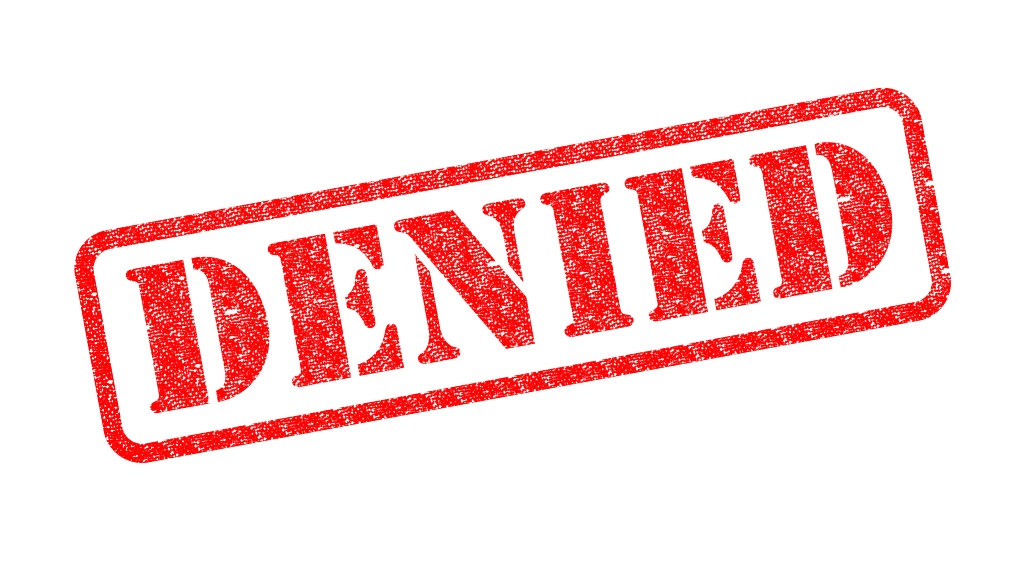Almost one in four U.S. visa applications are denied the first time. In 2022, the visa approval rate was just 68.8%. The numbers change each year, but one thing remains constant, and that’s that many U.S. visa applicants are denied. However, a visa refusal isn’t the end of the road. But what can you do after your U.S. visa is denied?

Common Reasons Visa Applications are Denied
The reasons for U.S. visa denials vary greatly. After an application is submitted, there is an interview with a consular officer at the
- Incomplete/Missing Information – This means that a consular officer found that your application didn’t contain sufficient information that you are eligible for a visa. In some instances, you have up to one year after the denial to provide sufficient information to the consular.
- Applied Under Wrong Category – There are several visa classifications, from a work visa to a travel visa and many more. Each has even more subcategories, and if someone applies for a visa under the wrong classification, he or she will be d
- Criminal Activity – Past or present criminal activity, such as drug violations or violent crime, may be denied a visa. Depending on the crime, a person may be permanently ineligible for a U.S. visa.
- Fraud or Misrepresentation – Purposely misrepresenting oneself on a visa application will result in a denial. Committing fraud on a visa application makes someone permanently ineligible for visa status.
- Public Charge – If the consular officer thinks someone won’t have sufficient financial support while in the U.S., thus becoming reliant on public assistance and benefits. Typically, someone must prove that he or she has a U.S. sponsor or some form of income to be approved for an immigrant visa.
Steps to Take After a Your Visa is Denied
After interviewing with a U.S. consular, you’ll receive a visa approval or denial. If you were denied, there are some steps you can take to reapply depending on the type of visa and the reasons for denial. The denial letter will include a reason that your visa application was refused, which gives you a starting point. For example, if your application was denied due to missing information, the denial letter will detail which information was missing or incomplete. In some cases, someone denied a visa can apply for a waiver of ineligibility. The waiver gives the applicant a chance to provide sufficient evidence that his or her circumstances have significantly changed since the denial or that the reason for ineligibility was temporary.
The next steps to take depend on the reason for the visa denial. If you were found to be permanently ineligible for a visa, you are unable to reapply after your denial unless the consular officer believes you should reapply. However, if the consular asks for more information or further evidence, you have the right to reapply.
U.S. Immigration Attorneys
Taking the right steps to get a visa application approved can be confusing. If you were denied a visa or want to ensure an approval the first time, a U.S. immigration lawyer can help. At CoxEsq., P.C., our skilled attorneys can help guide you through the visa application process with compassion and skill. Contact us today to learn more about how we can help you with your immigration needs and to schedule a consultation.
